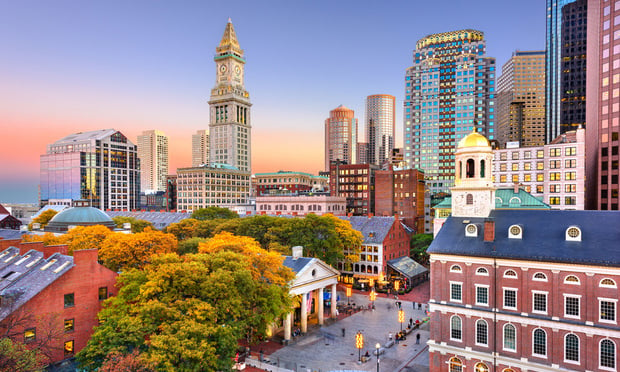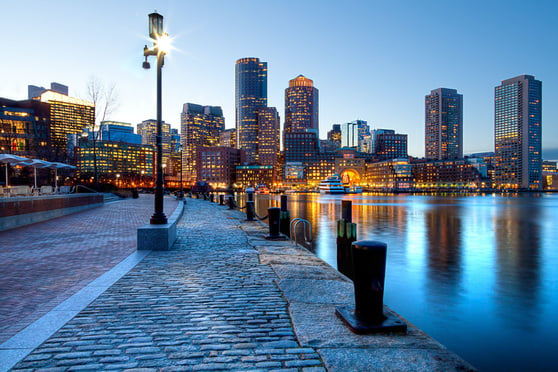"It's becoming a significant issue," Saint president Patrick Fox tells GlobeSt.com. "Americans are looking for ways to stop development."
The study found that the strongest citizen opposition surfaces around landfills, quarries and power plants, but opposition to such as Wal-Mart and biotech research facilities have gained ground since last year, when the consulting firm conducted its first national study. Americans are also supportive of state laws that curb the use of eminent domain for private development, with 71% of those polled saying they approve such measures.
Ironically, the study found that Americans are less concerned about the environment than they are about protecting property values and maintaining the character of their community. Only 11% of those polled cited environmental reasons for their opposition to development while 36% said they were concerned how new projects would affect home values and 29% were concerned how growth would impact their community. "Americans are becoming more politically sophisticated, and it's clear they're moving actively to protect the investment in their homes," says Fox.
Some development sectors, like office buildings, apartments and condominiums, casinos, grocery stores, large shopping centers and single-family developments, are also not wanted but opposition to those sectors have dropped since last year. Opposition to home-improvement and department stores has remained fairly consistent over the past two years, the study shows. And, while public support for new hospitals is significant, the study found that medical facilities in many areas face strong opposition to expansion.
Americans are also apparently cynical about the development process. Of those individuals surveyed, 75% said they felt the relationship between elected officials and developers made the permitting process unfair while an equal number of citizens gave elected officials a C or worse when it comes to deciding on development in their own community. A majority of Americans, 93%, also said that a candidate's position on development and growth is a factor in their voting decision.
Fox says strong public opposition could make developers change the way they approach a project, forcing them to conduct "political due diligence" to measure community sentiment much as they would measure financial feasibility. "It's a battle fought table to table," he says, noting that developers need to foster strong alliances with neighbors by explaining a project and enlisting their support in order to counter the expected opposition. "These can become brutal political fights. You need to engage the opposition."
Want to continue reading?
Become a Free ALM Digital Reader.
Once you are an ALM Digital Member, you’ll receive:
- Breaking commercial real estate news and analysis, on-site and via our newsletters and custom alerts
- Educational webcasts, white papers, and ebooks from industry thought leaders
- Critical coverage of the property casualty insurance and financial advisory markets on our other ALM sites, PropertyCasualty360 and ThinkAdvisor
Already have an account? Sign In Now
*May exclude premium content© 2024 ALM Global, LLC, All Rights Reserved. Request academic re-use from www.copyright.com. All other uses, submit a request to [email protected]. For more information visit Asset & Logo Licensing.








